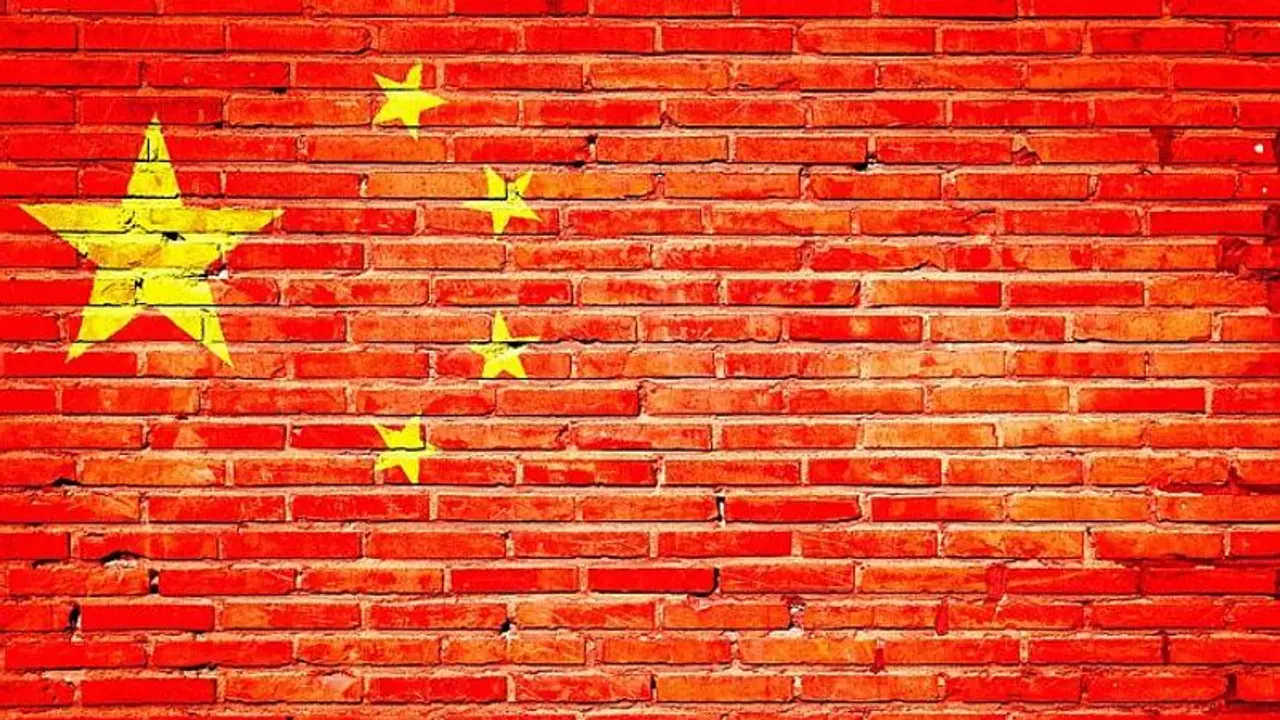In 2020 alone, over 1700 Japan-invested firms and manufacturers pulled out of China after then Japanese Prime Minister Shinzo Abe rolled out measures to incentivise manufacturing within the country and, at the same time, diversifying into other Southeast Asian countries.
China is no longer the manufacturing destination. That's the understanding one arrives at when reports of companies packing up their bags and leaving the Chinese mainland to emerge thick and fast.

The ripple effect of South Korean electronics giant Samsung shutting its smartphone shop in Guangdong Province's Huizhou in 2019 is still being felt. Reports suggest that 60 per cent of local businesses and ancillary units have downed their shutters in the area ever since the Samsung plant closed.
In 2020 alone, over 1700 Japan-invested firms and manufacturers pulled out of China after then Japanese Prime Minister Shinzo Abe rolled out measures to incentivise manufacturing within the country and, at the same time, diversifying into other Southeast Asian countries.
A survey done by the American Chamber of Commerce in Shanghai in September 2020 revealed that while 70.6 per cent of the 200 companies surveyed said they would continue their operations in China, 14 per cent said that they were moving production to non-US locations, 7 per cent were moving some production both domestically and partially out of China, and only 3.7 were moving some production out of China to the US.
The report, which came at the peak of the US-China trade war, indicated the sentiments among investors and corporates concerning the volatility of doing business in China.
More recently, technology giant Apple announced that it could start manufacturing iPads in Vietnam by the middle of 2021. This would be the first time it produces a significant number of tablets outside of China.
Companies like the Chinese firm GoerTek, which are contract manufacturers for Apple, began manufacturing AirPods Pro, AirPods Max and HomePod mini in Vietnam in 2020. Foxconn, another contract manufacturers for Apple, invested $270 million in a plant to manufacture laptops and tablets in Vietnam.
Desperate China offers sops
The exodus has triggered alarm bells in Beijing. Even as the state-sponsored media denies that foreign firms are leaving, the Communist government stepping up efforts to ensure firms stay back.
In April this year, Chinese regulators announced a slew of policies, which included increasing Yuan convertibility and market access for foreign investors. The policies are being implemented in Hainan, a southern island province that is being made a testing ground for economic reforms.
The new policies permit qualified non-residents to buy properties in Hainan and may relax restrictions on personal use of foreign exchange for residents.
